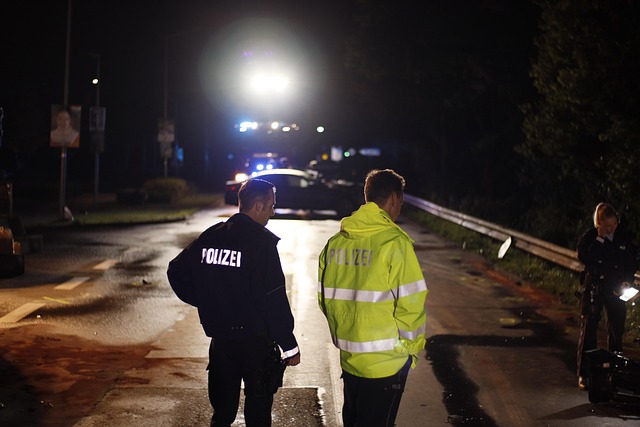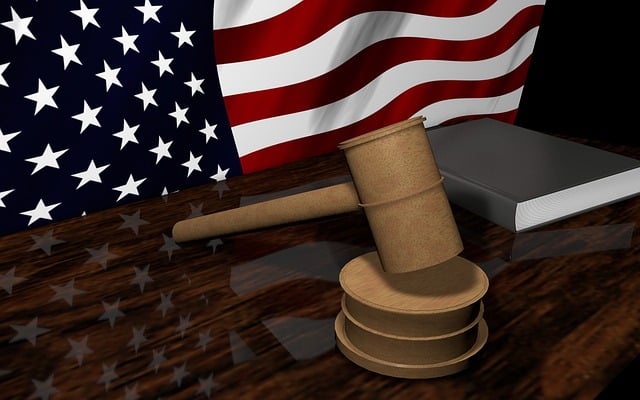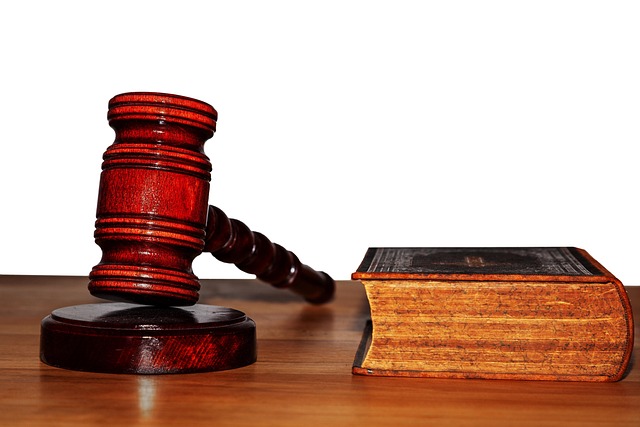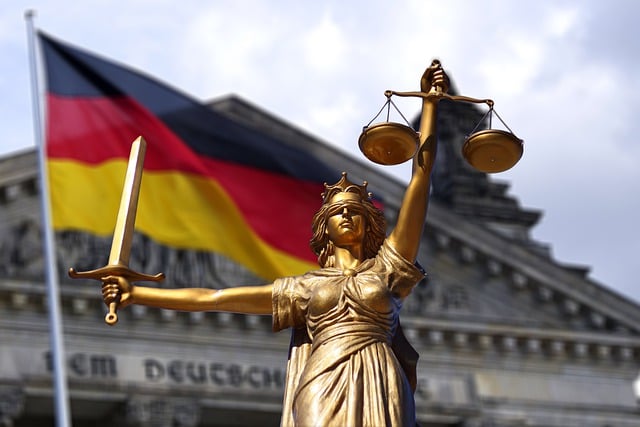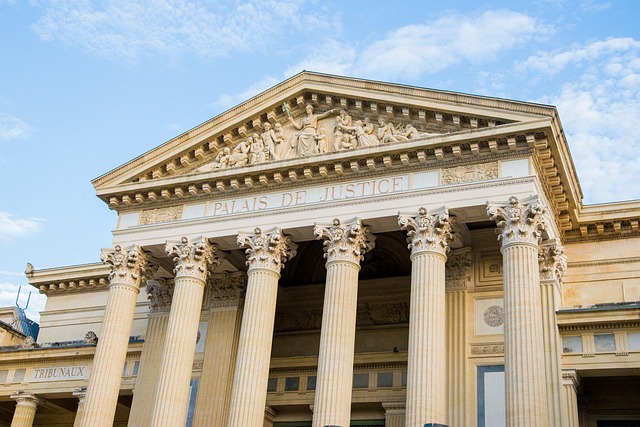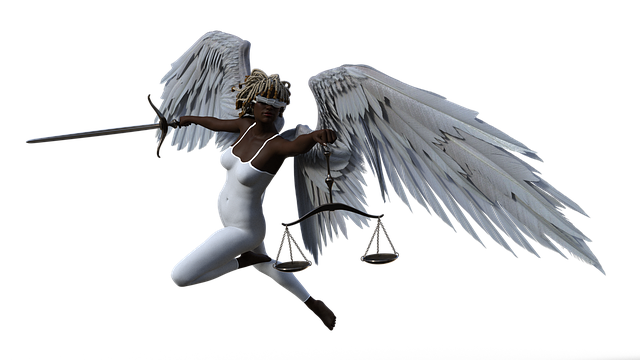The Importance of Voir Dire in Criminal Trials cannot be overstated, especially in complex public corruption cases. This process ensures an impartial jury by thoroughly screening potential jurors for biases and pre-dispositions through strategic questioning. Effective voir dire is vital for maintaining the integrity of the judicial system, upholding justice, and securing fair outcomes, particularly in high-stakes corporate and individual client cases. It plays a key role in shaping verdicts by helping to dismiss biased jurors who could unduly influence decisions, thereby emphasizing its indispensable role in achieving just results.
“Uncovering public corruption is a delicate process, often hinging on the selection of an impartial jury through voir dire. This critical phase determines the legal implications of public corruption charges, shaping the outcome of high-profile trials.
Our article delves into the intricacies of understanding these charges, the role of voir dire in ensuring a fair trial, and strategies for effective questioning. We explore real-world case studies, highlighting how this process has influenced outcomes in significant corruption cases, emphasizing the immense importance of voir dire in criminal trials.”
- Understanding Public Corruption Charges: Definition and Legal Implications
- The Role of Voir Dire in Selecting an Impartial Jury
- Key Considerations During the Voir Dire Process
- Strategies for Effective Questioning and Challenges
- Case Studies: How Voir Dire has Influenced Outcomes in High-Profile Corruption Trials
Understanding Public Corruption Charges: Definition and Legal Implications

Public corruption charges are a serious matter that involves the abuse of power or position for personal gain, often by government officials or those in authority. These cases are typically defined as illegal acts where an individual uses their influence to secure benefits, such as financial gains, contracts, or favorable decisions, for themselves or others. The legal implications are significant, as they can lead to severe penalties including fines, imprisonment, and damage to one’s reputation.
Understanding the nature of these charges is crucial, especially in high-stakes cases involving corporate and individual clients. The importance of voir dire, a process used during criminal trials to select an impartial jury, cannot be overstated. It plays a vital role in ensuring a fair trial for all parties, particularly in complex public corruption investigations where public perception can significantly impact the outcome. By carefully examining potential jurors’ biases and prejudices, voir dire helps maintain the integrity of the judicial system throughout all stages of the investigative and enforcement process.
The Role of Voir Dire in Selecting an Impartial Jury

Voir dire plays a pivotal role in ensuring justice in criminal trials by facilitating the selection of an impartial jury. This process involves questioning potential jurors to determine their suitability and bias, aiming to seat individuals who can make fair judgments based on the evidence presented. The importance of voir dire cannot be overstated; it’s a crucial step in balancing the scales of justice for both general criminal defense cases and those involving corporate and individual clients.
Effective voir dire helps lawyers uncover potential biases or prejudices that might affect a juror’s ability to render a just verdict. By engaging in this process, attorneys can challenge prospective jurors who may have preconceived notions about the case, thereby securing a more neutral and objective panel. Ultimately, successful voir dire is integral to achieving winning challenging defense verdicts and upholding the integrity of the criminal justice system.
Key Considerations During the Voir Dire Process

The voir dire process is a pivotal step in any criminal trial, holding immense significance in ensuring a fair and just outcome. During this critical phase, potential jurors are meticulously scrutinized to determine their impartiality and suitability for the case. This meticulous sifting is paramount as it directly influences the composition of the jury, which ultimately decides the fate of an accused individual.
Several key considerations come into play here, particularly in cases involving public corruption charges. Jurors must be able to set aside any preconceived notions or biases when evaluating the evidence presented. The general criminal defense strategy often revolves around challenging the prosecution’s case, and impartial jurors are essential for a complete dismissal of all charges. Moreover, understanding the nuances of philanthropy and political communities can provide valuable insights into potential biases or connections that may impact a juror’s decision-making process.
Strategies for Effective Questioning and Challenges
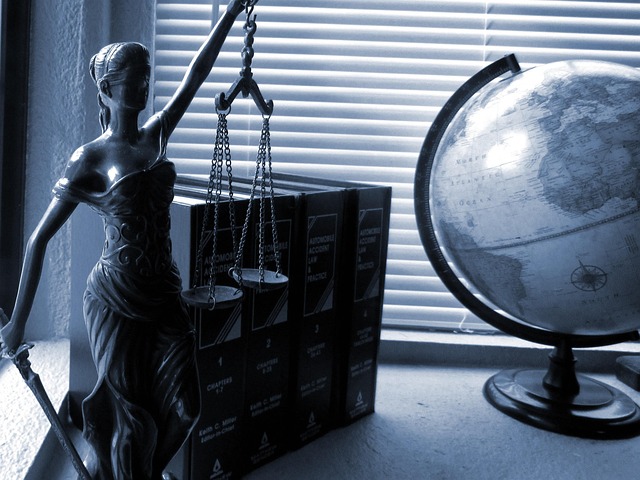
In criminal trials, the importance of voir dire cannot be overstated. This process, which involves questioning potential jurors to ensure a fair and impartial panel, is crucial for achieving extraordinary results. By delving into the backgrounds, experiences, and biases of prospective jurors, attorneys can uncover hidden prejudices or pre-dispositions that might influence their decision-making. This strategic questioning allows for the selection of an unbiased jury, ensuring a just outcome for all parties involved.
Effective questioning strategies during voir dire are key to challenging and disqualifying potential jurors who may not be suitable for a particular case. Attorneys must be adept at navigating complex issues, from exploring personal beliefs about law enforcement to uncovering hidden ties or interests that could cloud their judgment. Across the country, successful lawyers have used these techniques to defend their clients against public corruption charges, ensuring fair trials and minimizing the impact of biased jurors.
Case Studies: How Voir Dire has Influenced Outcomes in High-Profile Corruption Trials
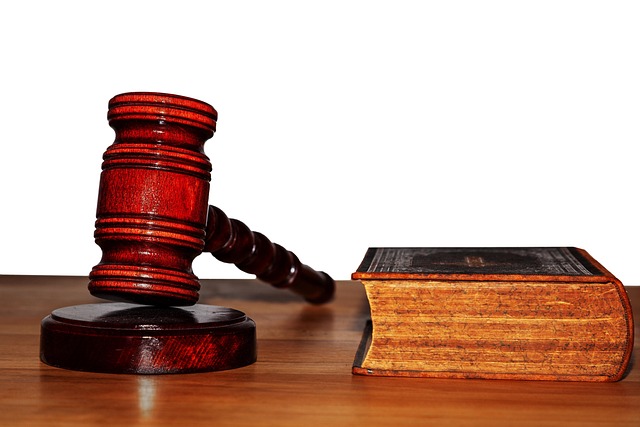
Voir dire plays a pivotal role in shaping the outcomes of high-profile corruption trials, as demonstrated by numerous case studies. This preliminary questioning process allows judges to assess potential jurors’ impartiality and suitability for a particular case, ensuring a fair and unbiased trial. By delving into their backgrounds, attitudes, and experiences, attorneys can uncover biases or prejudices that might influence their decision-making during jury trials.
In many instances, the success of a corruption prosecution heavily relies on the selection of an impartial jury. Case studies reveal that effective voir dire can weed out biased jurors who may harbor preconceived notions about philanthropic and political communities, thereby ensuring that for his clients receive a trial free from undue influence. This meticulous process has been instrumental in securing just outcomes in notable corruption cases, underscoring its importance in criminal trials.
The intricate dance between ensuring a fair trial and uncovering hidden biases is delicately balanced through the process of voir dire. In the context of public corruption charges, where societal trust is at stake, the importance of Voir Dire in criminal trials cannot be overstated. It acts as a crucial filter, allowing for the selection of an impartial jury, which, in turn, significantly influences the outcome of high-profile corruption cases. By employing strategic questioning and challenges, legal professionals can navigate this complex landscape, ensuring that justice is served and the rights of all parties are protected.
